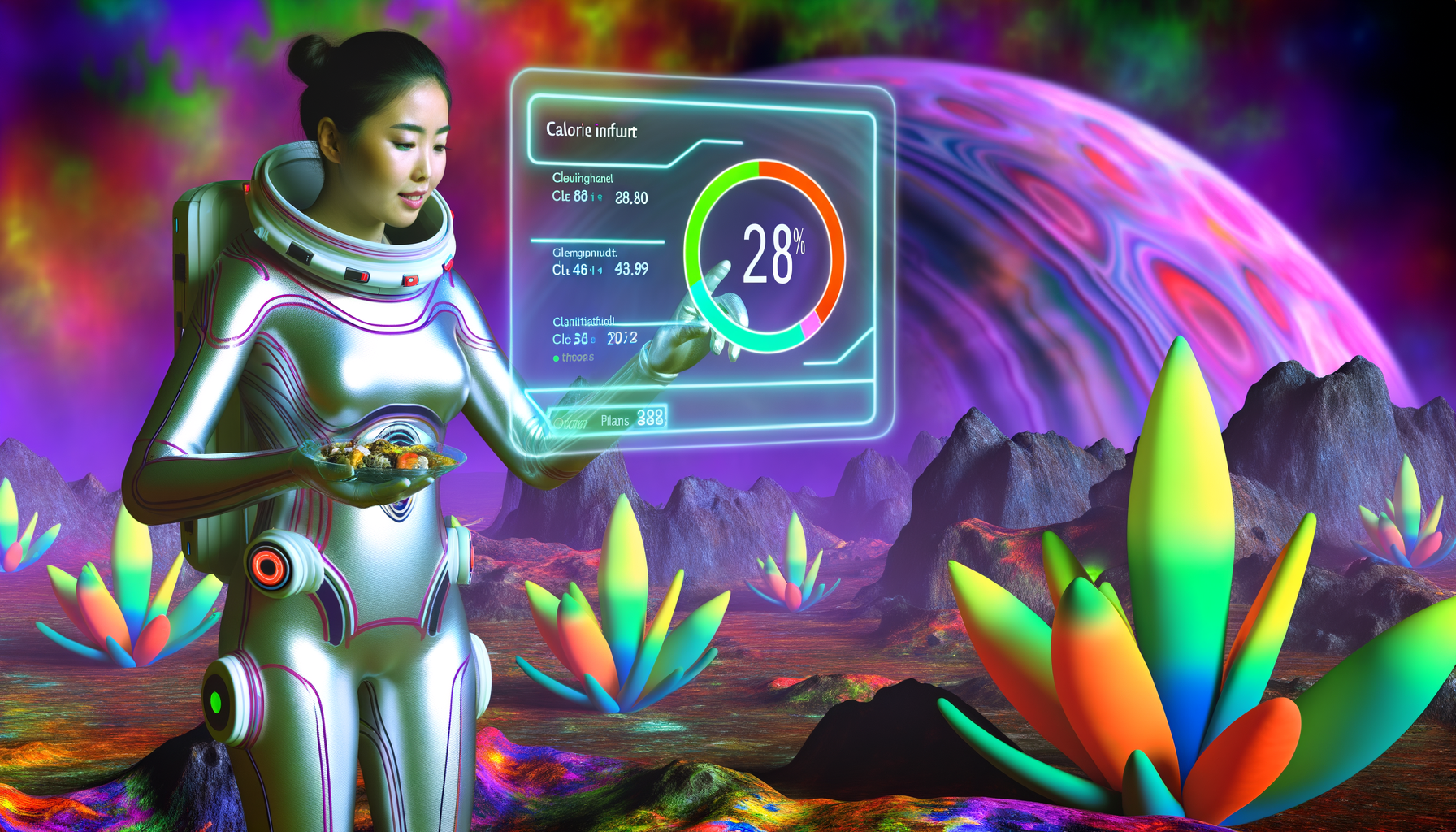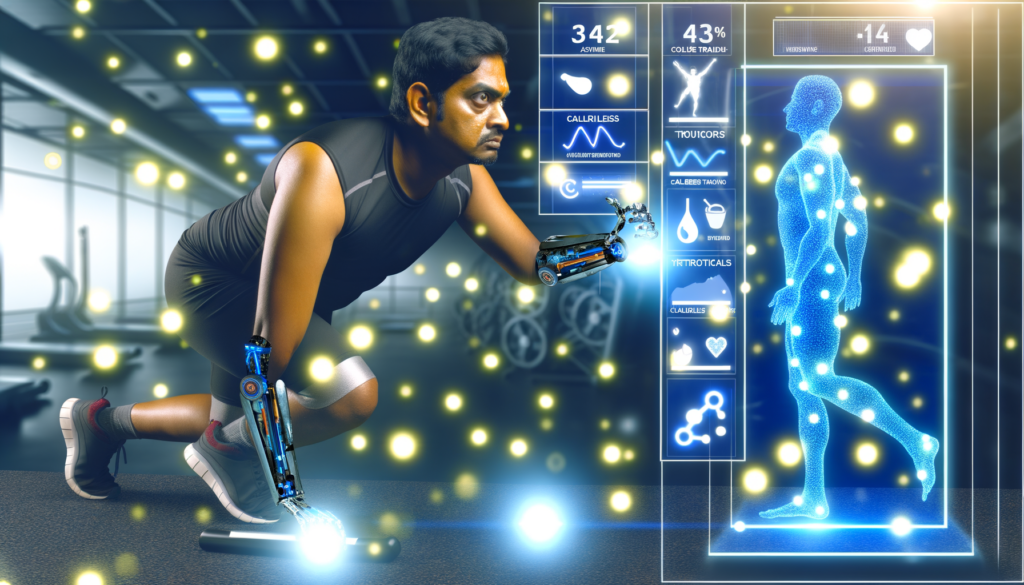As humanity contemplates the vast expanse of space colonization, one of the most critical aspects is ensuring colonists’ health through optimal nutrition. The challenge of maintaining a balanced diet in extraterrestrial environments is compounded by the lack of familiar resources and the necessity to create sustainable food systems. In this context, developing diets for space colonization requires a deep understanding of nutrition, agriculture, and the unique conditions of space environments.
Understanding Nutrition in Space
Space travel poses several nutrition challenges. For instance, NASA has identified that astronauts require more calories and specific micronutrients due to the effects of microgravity on their bodies. Additionally, space missions demand sustainable food production methods since resupply from Earth is limited. Researchers have turned to hydroponics and aeroponics for growing vegetables like carrots, peppers, and cabbage, which can be effectively managed in controlled environments, such as the Mars simulation habitats in Hawaii.
Vegetarian Diets in Space
One approach to sustainable nutrition in space involves vegetarian diets, particularly those that can be grown on-site. A study published in ACS Food Science & Technology suggests a vegetarian salad consisting of soybeans, poppy seeds, barley, kale, peanuts, sweet potato, and/or sunflower seeds as an optimal meal for space travelers. This combination provides essential nutrients while minimizing water usage and agricultural inputs.
Implementing such diets is not merely about meeting nutritional needs but also about taste palatability. Test subjects who consumed this salad found it enjoyable, indicating that it meets both nutritional and culinary standards. This approach aligns with the broader trend of reducing meat consumption, as seen in diets like the Planetarian Diet, which emphasizes minimizing meat and maximizing plant-based food sources.
Agriculture in Exoplanet Colonization
Hydroponics and Aeroponics
For extraterrestrial agriculture, methods like hydroponics and aeroponics are gaining attention. These systems allow for efficient use of resources and can be adapted to various environments. For example, they are being tested in simulated Mars habitats where vegetables are grown using controlled nutrient delivery systems. This technology could be pivotal in establishing self-sustaining colonies on distant planets.
Closed-Ecosystem Farming
Closed-ecosystem farming offers another solution for space colonization. This involves recycling resources, minimizing waste, and creating a balanced ecosystem where crops and livestock are used in harmony. In such systems, fish and poultry could be raised using recycled feed, and fruits like apples or oranges could be grown in controlled environments.
However, achieving these goals requires significant technological advancements. For a large-scale colony, like the hypothetical one million inhabitants envisioned for Mars, innovations in agriculture and food technology would be essential. This includes considering alternative protein sources such as insect farming and lab-grown meat to supplement traditional farming practices.
Nutrition Planning Tools
Calorie Calculators for Space Exploration
For both Earth-bound and space-based dietary planning, tools like the Calorie Calculator Cloud can be invaluable. These platforms help create personalized nutrition plans based on specific caloric needs, lifestyle, and environment. By integrating such technology into space colonization strategies, planners can ensure that diets not only meet nutritional standards but also support the mental and physical well-being of colonists.
Furthermore, exploring pricing plans for these tools, such as those offered by Calorie Calculator Plans, can help organizations choose the best fit for their mission requirements and budget.
Real-World Examples and Case Studies
Simulated Mars Missions
Simulated missions, such as the HI-SEAS project, provide valuable insights into space living. Participants in these missions often rely on shelf-stable foods like freeze-dried fruits, pasta, and Spam due to their long shelf life. Additionally, novel items like Nutella have become popular due to their extended shelf life and high palatability.
These simulations also highlight challenges with traditional foods. For instance, bread is often avoided due to crumb dispersion in microgravity environments, although researchers are exploring crumb-free bread technologies.
Mars Colonization Feasibility Studies
Studies examining the feasibility of feeding large-scale colonies on Mars suggest that a combination of traditional farming, alternative protein sources, and innovative technologies could be the solution. For example, using cricket farms or lab-grown meat could provide protein efficiency while minimizing resource usage.
Summary and Future Directions
As humanity looks towards colonizing exoplanets, the development of sustainable diets and agricultural practices becomes crucial. By leveraging vegetarian diets, hydroponics, and closed-ecosystem farming, along with advanced nutrition planning tools like calorie calculators, it’s possible to create viable food systems for space colonization.
However, significant technological and logistical challenges remain. Encouragingly, ongoing research in space agriculture and nutrition offers promising solutions, from alternative proteins to more efficient farming methods. As these efforts continue to evolve, they not only pave the way for successful space colonization but also contribute to more sustainable food practices on Earth.
For those interested in exploring how personalized nutrition can support their goals, whether on Earth or in planning for future space missions, tools like the Calorie Calculator Cloud are available to help chart a path to optimal health and wellness.








